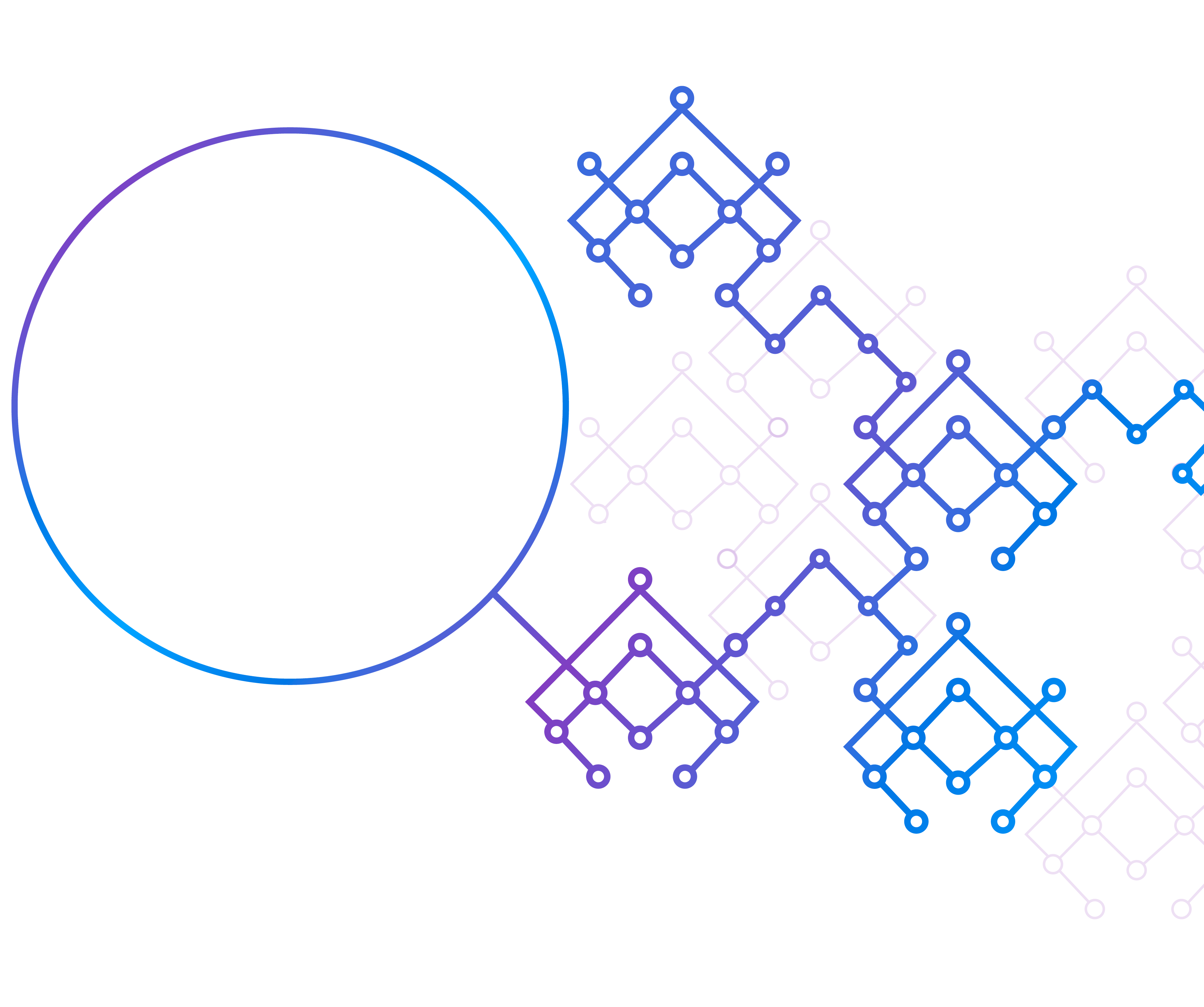SUPERBLOCK
FAQs

SUPERBLOCK leverages blockchain technology to tokenize real-world assets (RWAs), allowing these
assets to be securely transferred, traded, and tracked on-chain. The transparency is maintained by
recording every transaction and ownership change on the blockchain, ensuring that asset history is
immutable and accessible to all parties involved. This immutability ensures that tokenized assets
cannot be tampered with or altered once they have been recorded on the blockchain, building trust in
the entire system.
Fractional ownership is enabled by representing real-world assets as digital tokens on the
blockchain. Each token represents a share of the underlying asset, allowing both retail and
institutional investors to own portions of valuable assets like real estate or commodities.
SUPERBLOCK’s on-chain tracking ensures that ownership rights are accurately represented and can be
transferred securely. For institutional investors, this system provides a new way to participate in
fractionalized markets while maintaining transparency in transactions, helping build trust in
traditionally illiquid asset classes.
SUPERBLOCK bridges traditional finance with decentralized finance (DeFi) by allowing tokenized
assets to be used as collateral for loans, enabling liquidity generation in decentralized markets.
By integrating TradFi assets with DeFi protocols, SUPERBLOCK offers significant advantages such as
reducing intermediaries, increasing accessibility, and enhancing liquidity for traditionally
illiquid asset classes. For example, tokenized real estate can be used to secure loans or generate
yields through staking, all while maintaining the benefits of DeFi, including faster transactions,
lower costs, and better accessibility for retail investors.
SMART contract governance ensures automated compliance by embedding jurisdiction-specific regulatory
requirements directly into the code. This allows transactions to comply with financial laws and
regulations in multiple jurisdictions without the need for manual intervention. For cross-border
transactions, this automated governance ensures that all compliance checks—such as tax implications,
regulatory reporting, and local laws—are seamlessly handled, enabling smoother international asset
transfers. This greatly reduces the complexity and cost of navigating multi-jurisdictional legal
environments, improving both efficiency and security.
Through decentralized governance (DAO), SUPERBLOCK empowers token holders to vote on key decisions
regarding platform development and asset listing. This transparent and participatory model gives
stakeholders, both large and small, a say in the strategic direction of the platform. By utilizing
blockchain technology for voting, SUPERBLOCK ensures that the process is tamper-proof and that every
vote is recorded immutably, fostering trust in the decision-making process. Additionally, the open
and democratic nature of a DAO encourages broader participation, which reflects a commitment to
inclusion and fair representation in platform governance.
SUPERBLOCK's marketplace facilitates liquidity for traditionally illiquid assets by allowing the
tokenization of real-world assets such as real estate, allowing them to be bought, sold, and traded
on-chain. These tokenized assets are divided into smaller units, enabling fractional ownership and
making it easier for investors to buy and sell portions of real estate or other illiquid assets. The
marketplace also benefits from the transparency and security of the blockchain, ensuring that
ownership transfers are immutable, which builds trust and encourages trading activity. Additionally,
the ability to trade on secondary markets ensures that assets are more liquid, reducing the barrier
to entry for a broader range of investors.
The integration of stablecoins and central bank digital currencies (CBDCs) with SUPERBLOCK allows
for seamless on-chain payments and settlements using fiat-pegged assets. This helps bridge the gap
between traditional finance (TradFi) and decentralized finance (DeFi) by reducing volatility and
providing a familiar payment system for traditional investors. Using stablecoins and CBDCs ensures
that transactions on the blockchain maintain a stable value, which is essential for those familiar
with the traditional financial system. By enabling these stable assets, SUPERBLOCK facilitates
easier entry and exit for traditional investors looking to engage with DeFi protocols, while
maintaining the advantages of blockchain-based transactions.